Collections by Name | Collections by Region
Wayne State University Archive of Folklore and Ethnomusicology Collection
Known as one of the oldest of its kind in the nation (the Library of Congress' Archive of Folk Song, established in 1929 is the oldest), the Wayne State University Folklore Archives was founded in 1939 by folklorists Emelyn Gardner and Thelma James. Gardner taught one of the first folklore classes at WSU, storytelling for settlement house children, in 1919, the first year the English Department was organized. As director, Thelma James built holdings in the Archive based on student and professional collections until her retirement from teaching in 1966. Collections were also built through student collections, collections contributed by other scholars, and personal research contributed by subsequent archive directors, Dr. Ellen Stekert and Dr. Janet Langlois, archivists Dr. Karen Baldwin and John Allan Cicala, and faculty, Dr. Michael J. Bell, Dr. John Gutowski, Dr. Robert Teske, Dr. Edward Hirsch, Dr. Richard Reuss, and Dr. Robert Winans.
In 1999 the Wayne State University Folklore Archives was disassembled and the collections dispersed to the Michigan State University Museum (MSUM), the Walter Reuther Archives (Wayne State University), and the Great Lakes Lighthouse Keepers Association. The portion of the archive transferred to the MSUM consists of over 900 reel-to-reel cassettes of interviews, performances and narratives along with over 9 linear feet of student research papers, transcriptions, translations and other research materials of both regional and national significance. The collections range in date from 1956 to 1982 and the content varies from playground rhymes to an interview with Peter, Paul and Mary to university lectures to an interview with educator E. C. Beck. A large percentage of tapes are folksongs of many types: Polish, Jewish, English, Scottish, Ukrainian, German, Mardi Gras Indian, college drinking songs, Bluegrass, Armenian, Yugoslavian, Child Ballads, Albanian, Lebanese, Latvian, and at least 50 hours of Jewish folksongs.
It includes five discrete collections, including those of important folklore scholars: Dr. Richard Dorson, considered to be the father of academic folklore studies in the United States, and his students; E. C. Beck, a pioneering collector of Great Lakes lumbering folklore; Dr. Ivan Walton, who, for more than 30 years researched and collected the songs of Great Lake sailors and documented their way of life and that of their families; and Dr. Richard Reuss, a folklorist and specialist in labor culture and history of folkloristics. [NOTE: See separate descriptions of these collections] The fifth collection also encompasses materials assembled by other scholars: Dr. Bruno Nettl, an ethnomusicologist and pioneering collector of traditional ethnic music in the upper Midwest; Ruth Rubin, a well-known scholar of Jewish music; and Dr. Ellen Stekert, former director of the WSU Folklore Archives and faculty member at WSU. The fifth collection also includes materials generated over a nearly 25 year-period by faculty affiliated with the archives and their students. These materials document the urban, ethnic, family, religious, and occupational life of this northern industrial metropolitan area.
Donors and Fieldworkers
Wayne State University Folklore Archives Richard Dorson, E.C. Beck, Ivan Walton, Richard Reuss, Bruno Nettl, Thelma James, Ellen Stekert, Ruth Rubin, student collectors





